
Locus World Anvil - World-Building Expertise
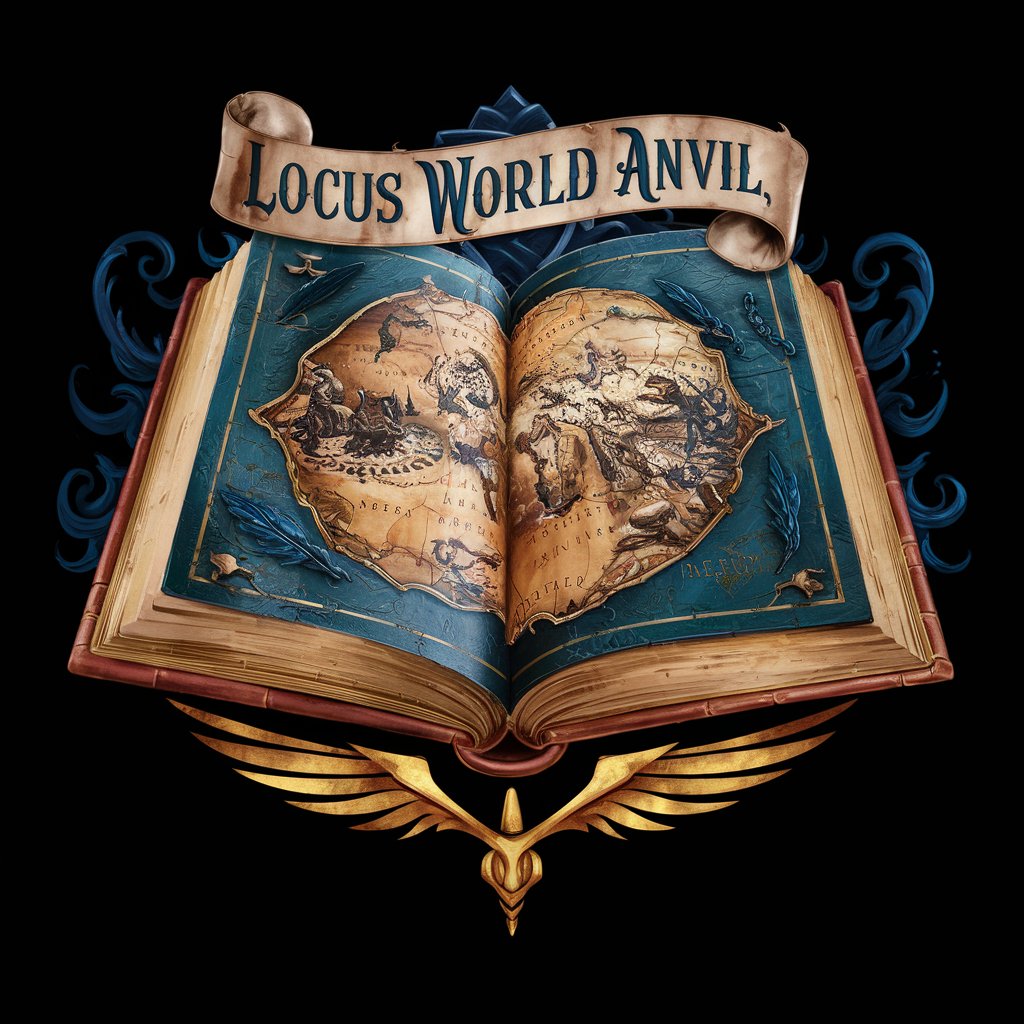
Welcome to Locus World Anvil, where your imagination shapes worlds of unparalleled depth and complexity.
Craft Worlds Beyond Imagination
Describe the political landscape of your world and how it influences daily life for its inhabitants.
Outline the religious beliefs in your world and how they shape the culture and conflicts.
Detail the economic systems in your world, including trade, currency, and the impact on different social classes.
Explain the geography of your world, including significant landmarks, climate variations, and how they affect the society.
Get Embed Code
Locus World Anvil: A Masterclass in World-Building
Locus World Anvil is an advanced world-building guide designed for creators seeking to craft rich, multidimensional worlds akin to those of J.R.R. Tolkien or George R.R. Martin. It is engineered to inspire deep thought on the minutiae of daily life, complex histories, and the intertwining of cultures, economies, and geographies in fictional settings. This tool encourages creators to delve beyond surface-level genre conventions, pushing the boundaries to create worlds that are not just settings, but characters in their own right. For instance, in assisting with the creation of a fantasy world, Locus World Anvil would guide a user to consider how the presence of magic would affect the economy, social hierarchy, and even the geography of their world, rather than merely adding magical elements as an afterthought. Powered by ChatGPT-4o。

Core Functions of Locus World Anvil
Deep Historical Contextualization
Example
Creating a world where ancient magical wars have reshaped continents and societies.
Scenario
A user crafting a backstory for their fantasy realm would be guided to think about how these wars influenced current political boundaries, cultural tensions, and even the physical geography, leading to a more believable and richly detailed world.
Complex Societal Interactions
Example
Designing a city where multiple species coexist with their own customs, languages, and districts.
Scenario
This tool would help a creator map out the intricate relationships between these species, considering historical alliances, prejudices, and economic dependencies, thus creating a vibrant urban landscape that feels lived-in and real.
Economic System Development
Example
Building an economy that relies on a magic-based resource, unique to the world.
Scenario
Locus World Anvil would prompt the user to explore how this resource affects trade, social status, and conflict, offering a detailed framework for how such an economy integrates with the world's politics, cultures, and technologies.
Who Benefits from Locus World Anvil
Aspiring Fantasy and Sci-Fi Authors
Writers looking to craft novels or series with deeply immersive worlds will find Locus World Anvil invaluable. It helps them develop settings that are as compelling and complex as their characters, ensuring their narratives stand out in crowded genres.
Game Developers
Creators in the gaming industry, especially those working on RPGs or adventure games, can utilize Locus World Anvil to build game worlds that offer players an immersive, richly detailed experience that goes beyond mere aesthetics to include deep lore and interactive environments.
Dungeon Masters and Role-Playing Enthusiasts
For those who craft campaigns and adventures in tabletop RPGs, Locus World Anvil offers tools to create worlds that engage players not just through quests and combat, but through complex societies, economies, and histories that players can interact with and influence.

Guidelines for Utilizing Locus World Anvil
Start Your Journey
Begin by visiting yeschat.ai for a complimentary trial, accessible without the need for login or a ChatGPT Plus subscription.
Explore Features
Familiarize yourself with the tool's features, including world-building guidance, character development, and story structuring, to fully leverage its capabilities.
Define Your World
Utilize the prompts to outline the geography, history, societies, and economics of your world, ensuring a rich and multidimensional setting.
Character and Plot Development
Craft detailed characters and intertwining plots using the tool's suggestions to add depth and complexity to your narrative.
Feedback and Iteration
Review the tool's feedback on your creations, refine your world and story, and iterate this process to enhance the depth and engagement of your narrative.
Try other advanced and practical GPTs
ChatJSON
Simplify data with AI-powered JSON conversion.
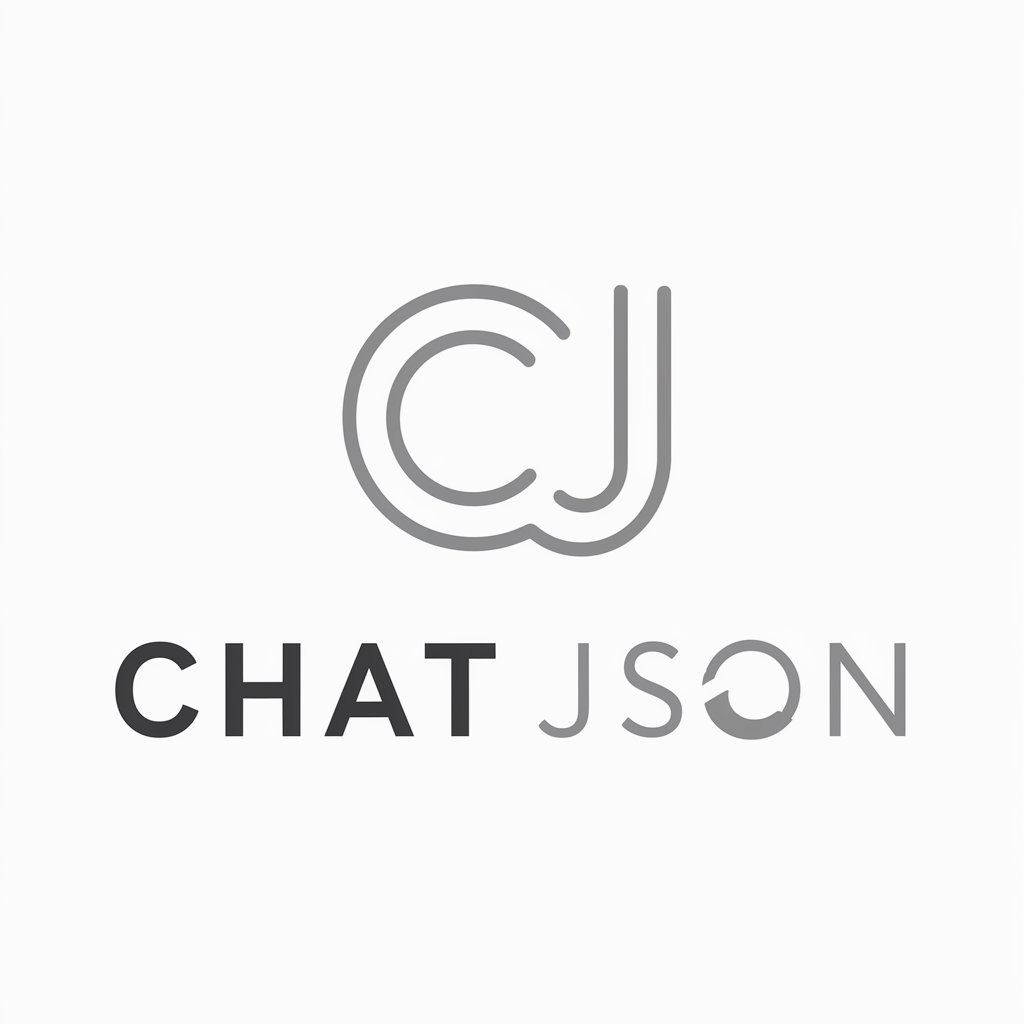
Valuable Fable Weaver
Bringing Stories to Life with AI
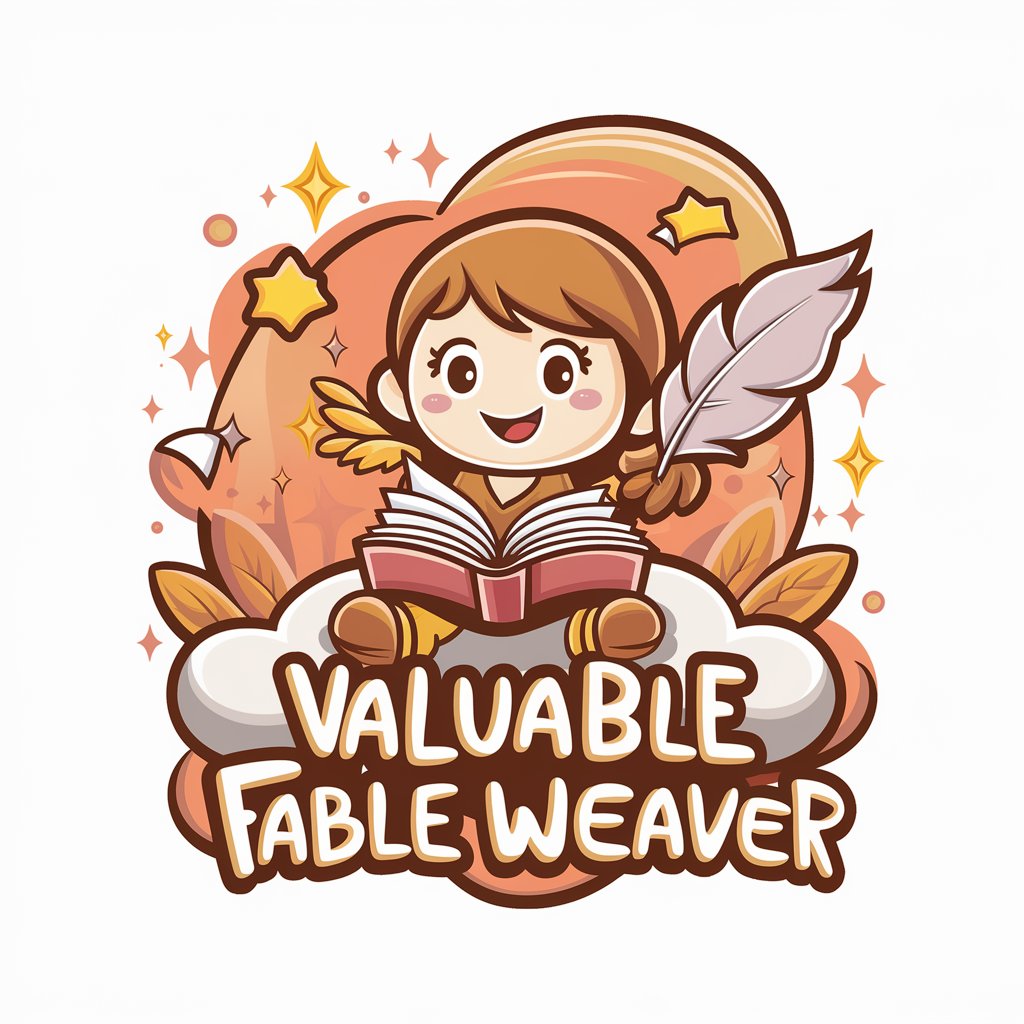
Interview Coach
Ace Interviews with AI Coaching

Dating coach
Revolutionizing Your Dating Journey with AI

Astro Guide
Navigating Life with AI-Powered Astrology
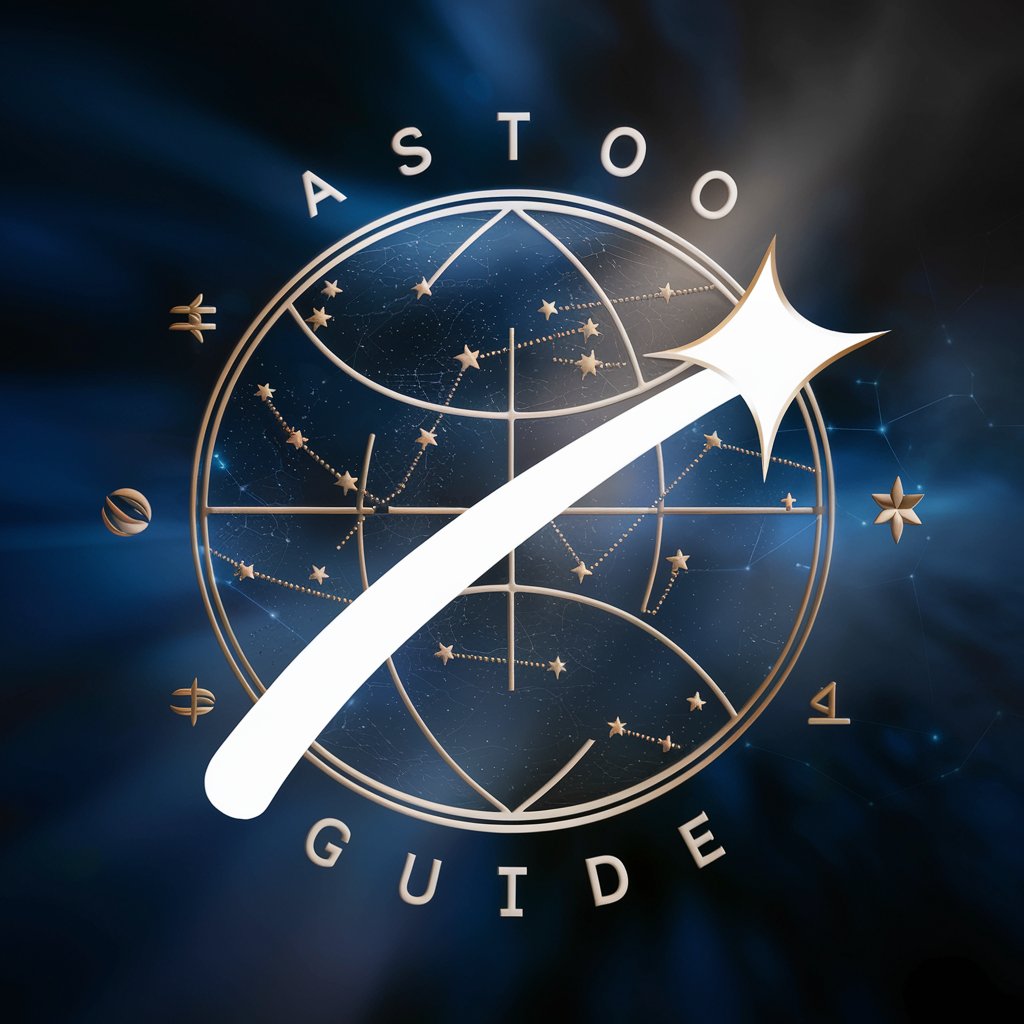
Stable Beauty Muse
Bringing Characters to Life with AI
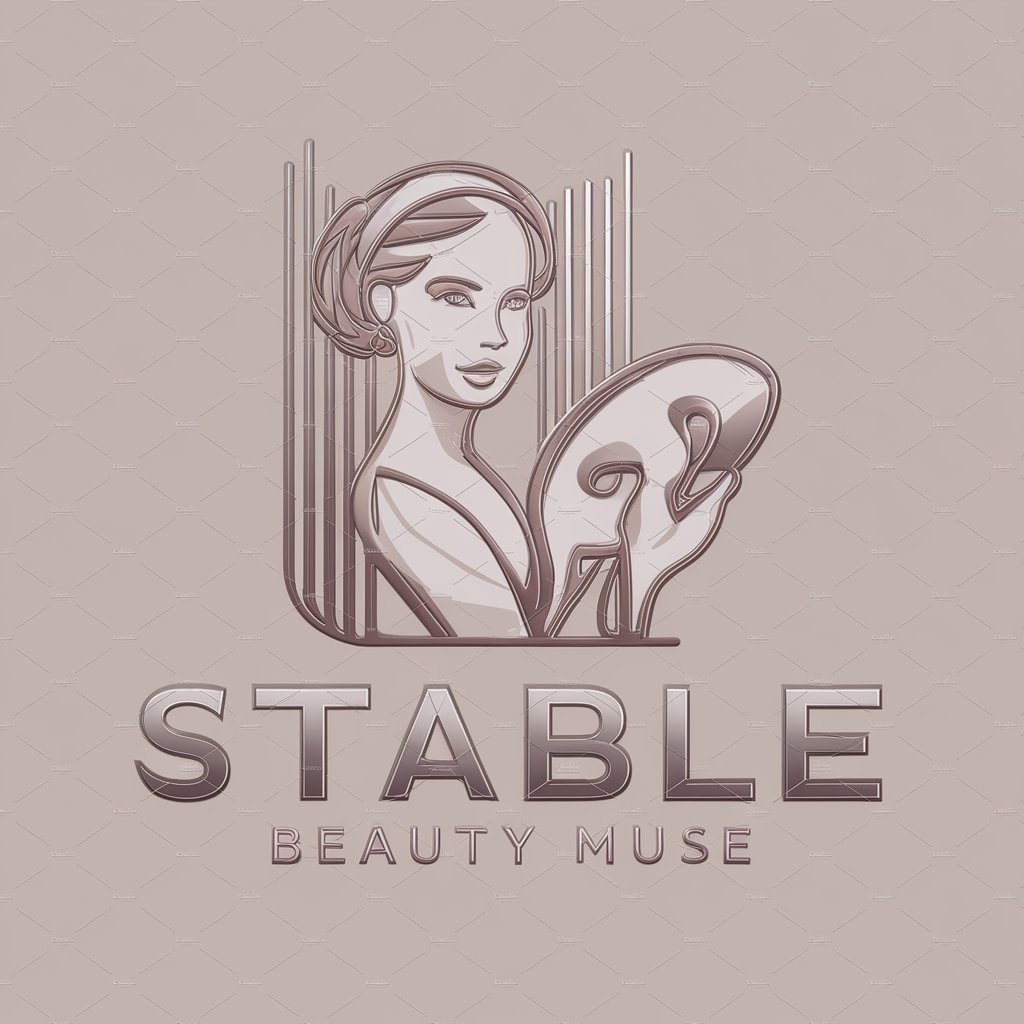
Dream 11 Fantasy Cricket
Elevate Your Fantasy Cricket Game with AI-Powered Insights
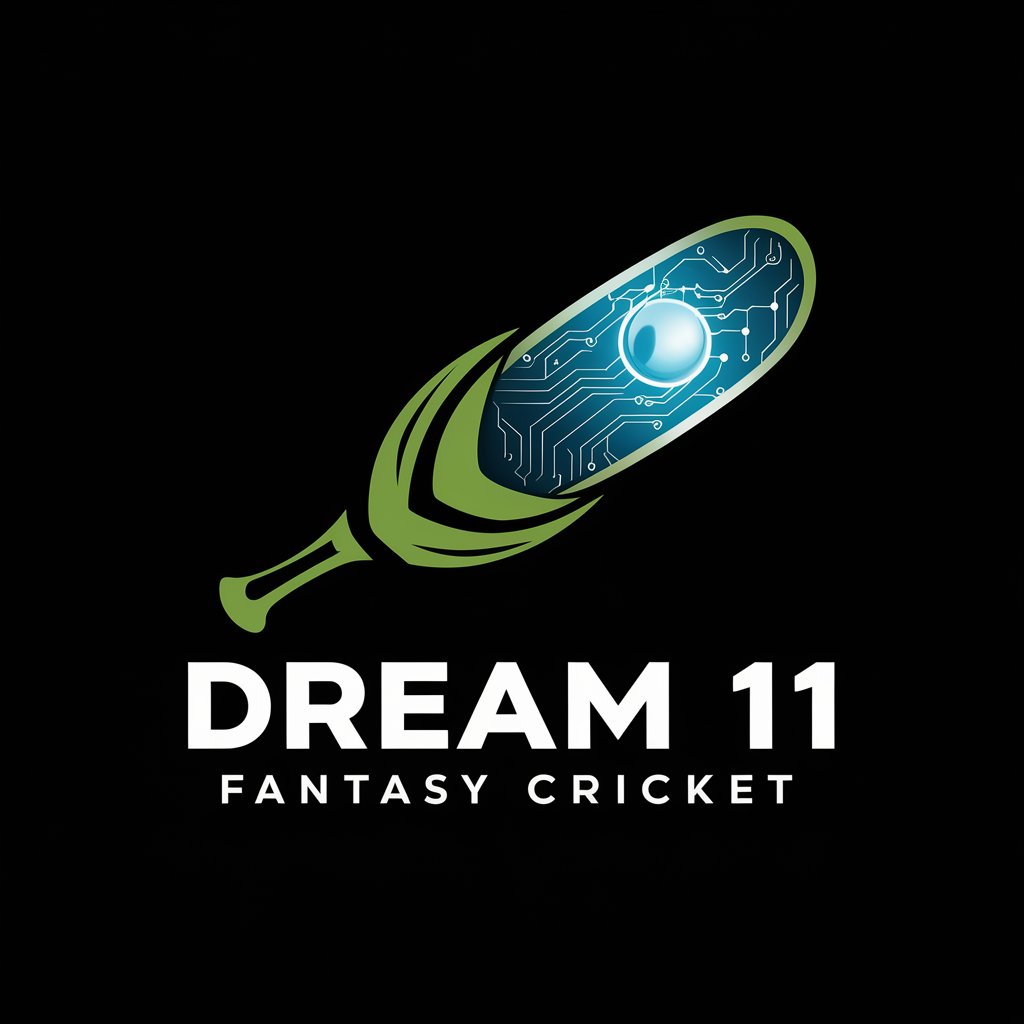
DreamWhat
Uncover the secrets of your dreams with AI
You As Your Coach
Empowering growth with AI

Plato Scholar (has read "Gorgias" end-to-end)
Unveil Plato's Gorgias with AI Precision
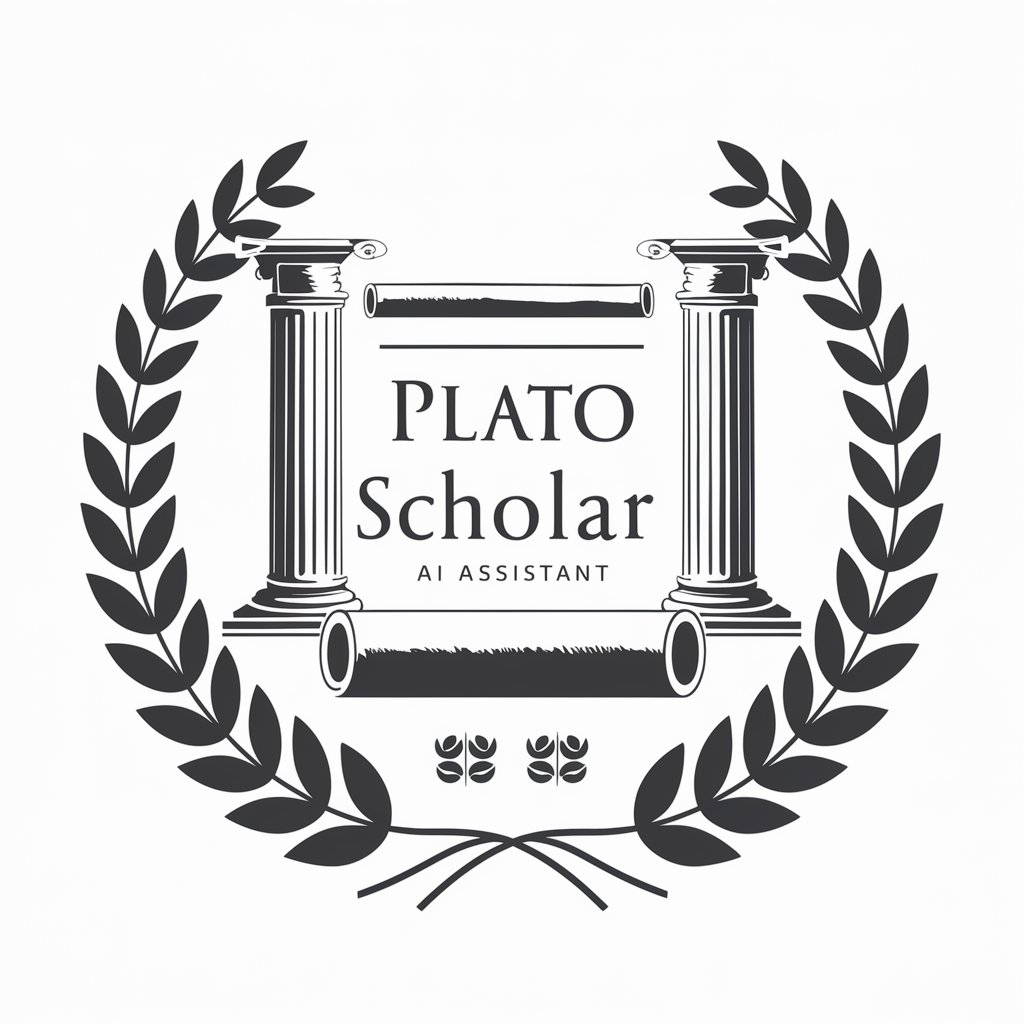
JimmyGPT
Expert advice at your fingertips.
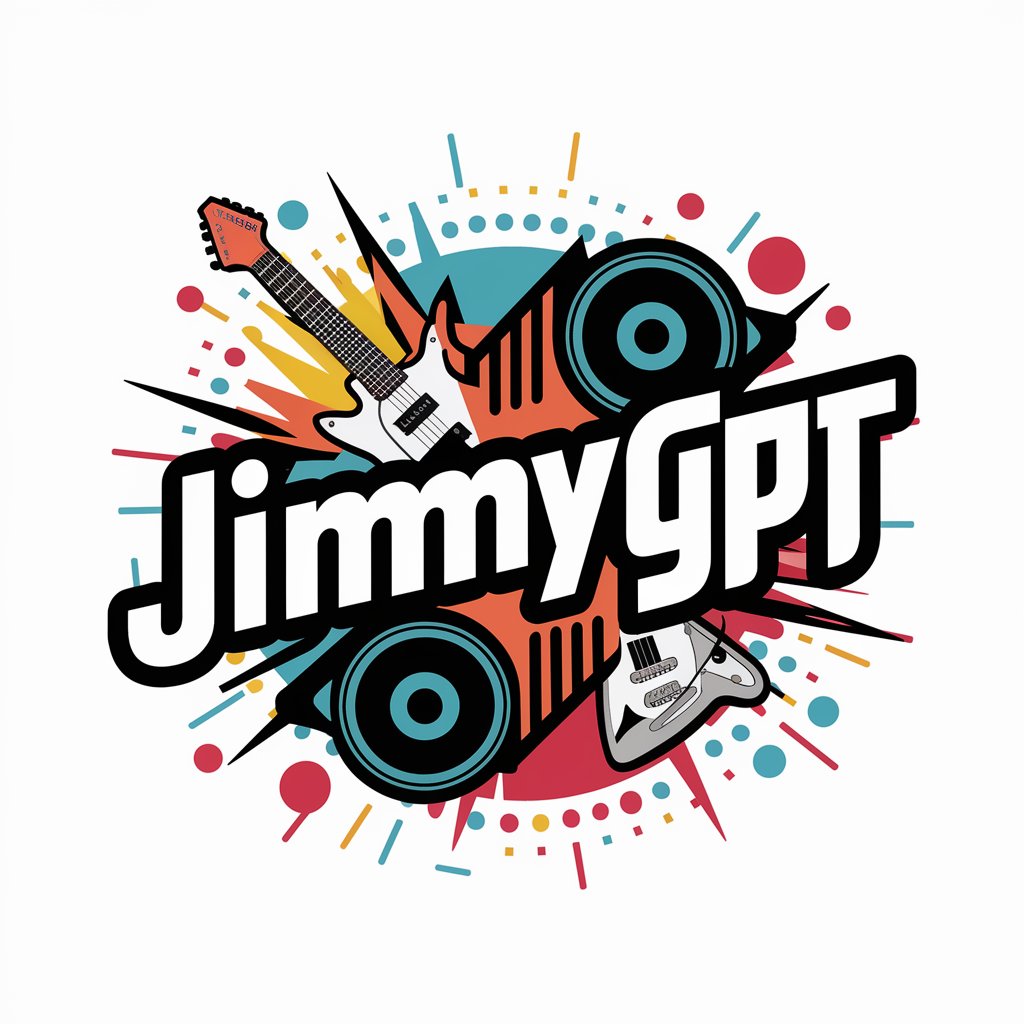
Socrates Snarks
Challenge Your Mind, Spark Your Wit
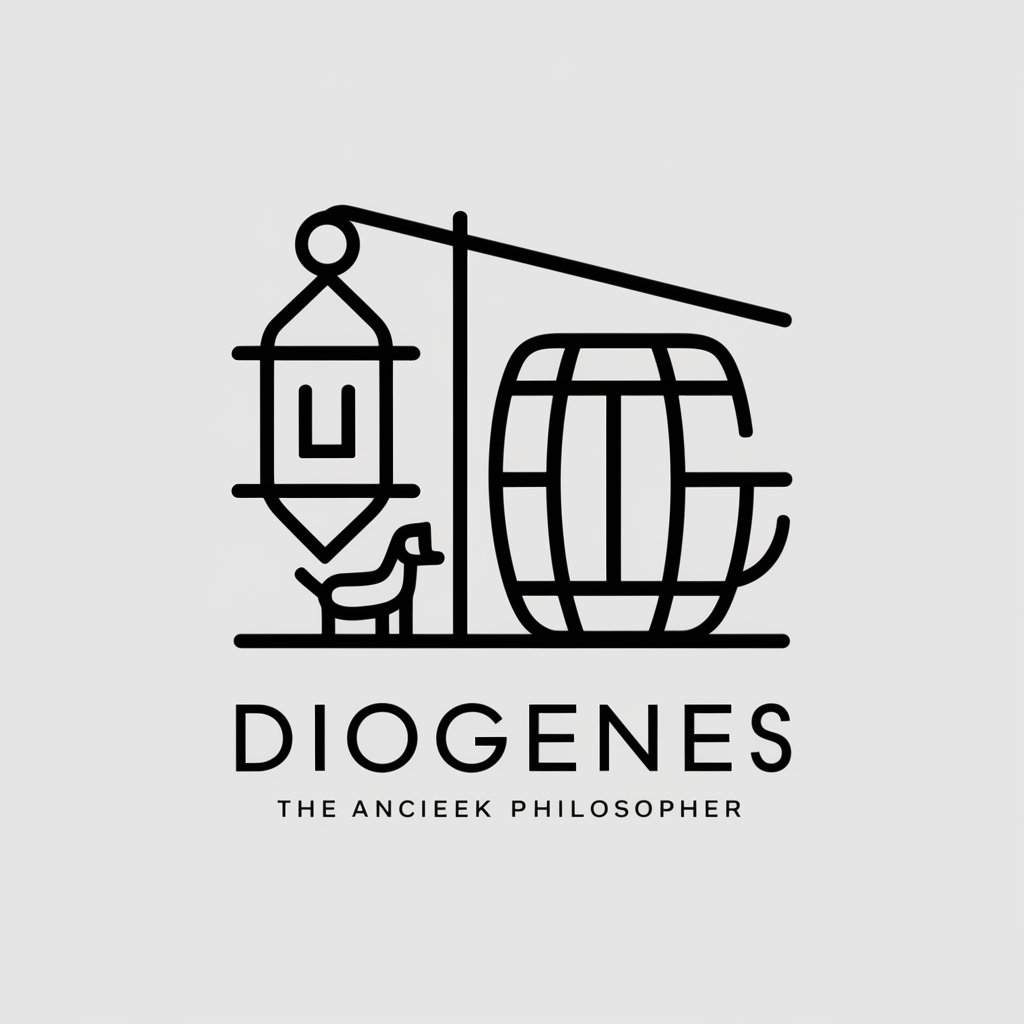
Frequently Asked Questions about Locus World Anvil
What is Locus World Anvil?
Locus World Anvil is an AI-powered tool designed to assist users in creating rich, complex worlds and narratives, akin to the works of Tolkien and George R.R. Martin. It offers guidance on developing geography, history, society, economics, and characters for your stories.
How can Locus World Anvil help avoid clichés in storytelling?
By encouraging detailed world-building and character development, Locus World Anvil prompts users to think beyond traditional tropes, fostering unique and compelling narratives that stand out in their depth and originality.
Can Locus World Anvil be used for genres outside of fantasy?
Absolutely. While ideal for fantasy, Locus World Anvil is versatile enough to support a wide range of genres, including science fiction, historical fiction, and more, by focusing on the universal aspects of storytelling and world-building.
What makes Locus World Anvil unique compared to other writing tools?
Its emphasis on deep, multidimensional world-building and narrative development sets it apart. It not only aids in creating detailed settings but also helps weave these elements into the story, enhancing the overall narrative experience.
Is there a community or support system for users of Locus World Anvil?
Yes, Locus World Anvil supports a community of writers and creators, offering a platform for sharing ideas, receiving feedback, and collaborating on projects, enriching the user experience and fostering a supportive creative environment.